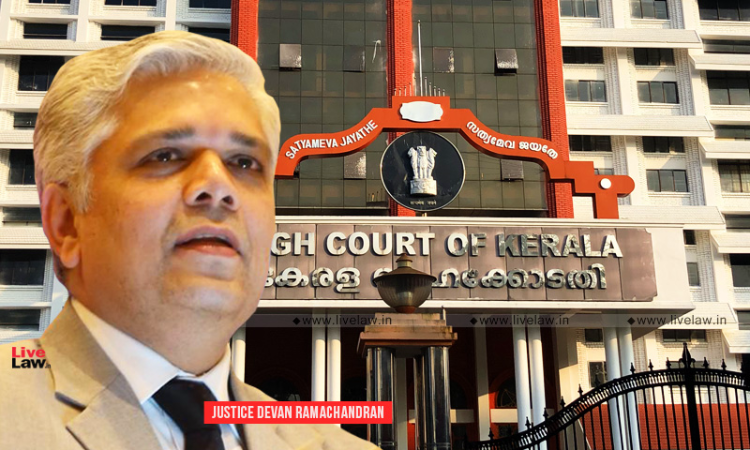State Can Bring Its Entire Territory U/S 58(f) Of Transfer Of Property Act For Enabling Mortgage By Deposit Of Title-Deeds: Kerala High Court
Hannah M Varghese
16 Dec 2021 1:53 PM IST

Argument that Government must justify inclusion of territories under the said provision is farfetched, the court said.
Next Story


